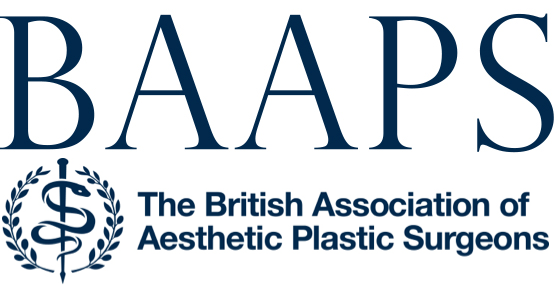-
Views
-
Cite
Cite
Mark Jewell, Commentary, Aesthetic Surgery Journal, Volume 30, Issue 3, May/June 2010, Page 446, https://doi.org/10.1177/1090820X10374089
Close - Share Icon Share
Extract
It was with both interest and concern that I read the report by Drs. Ono and Hyakusoku regarding the matter of self-administered injectables. Two case histories are described, one with a self-administered hyaluronic acid–based tissue filler (HA) and one with an injection of a phosphotidylcholine/dexoycholate (PPC). Both patients were described as having a normal psychological profile. The adverse events (AE) of prolonged swelling for months after injection of HA and skin necrosis/ulcers are unusual when these injectables are administered by a trained medical professional (physician, nurse, or physician’s assistant). I would predict even far more serious AE if patients venture into self-administered neurotoxins.
The current situation is alarming: information is being disseminated via websites discussing self-injection techniques and there is relative ease in obtaining virtually any injectable material via Internet pharmacies. Other reports exist of self-administered silicone injections with material purchased over the Internet and ensuing serious AE.1 Recently, a website that promoted self-injection and sold misbranded neurotoxins and HA fillers was closed. Perhaps even more alarming is the low level of interest that regulatory agencies have in policing this area. Unless someone becomes injured from an injection or dies, there is little effort expended to address illicitly obtained or counterfeit injectables.






